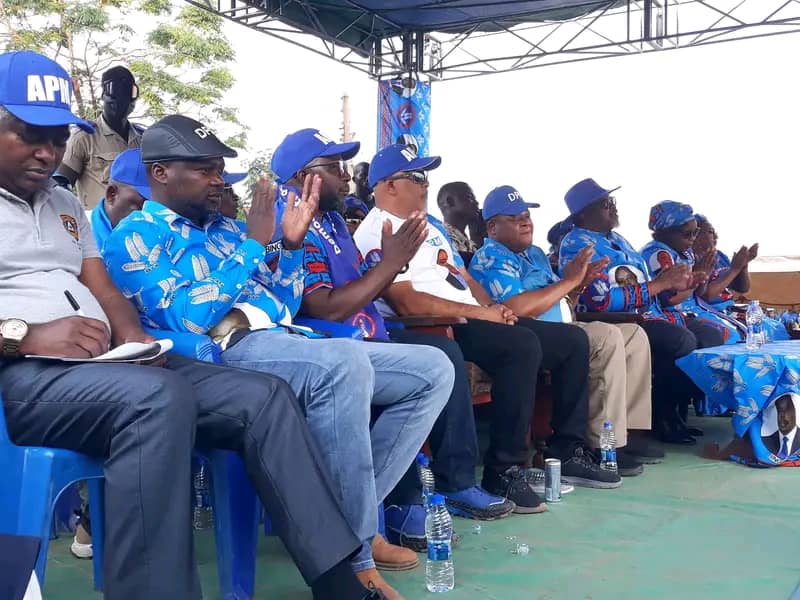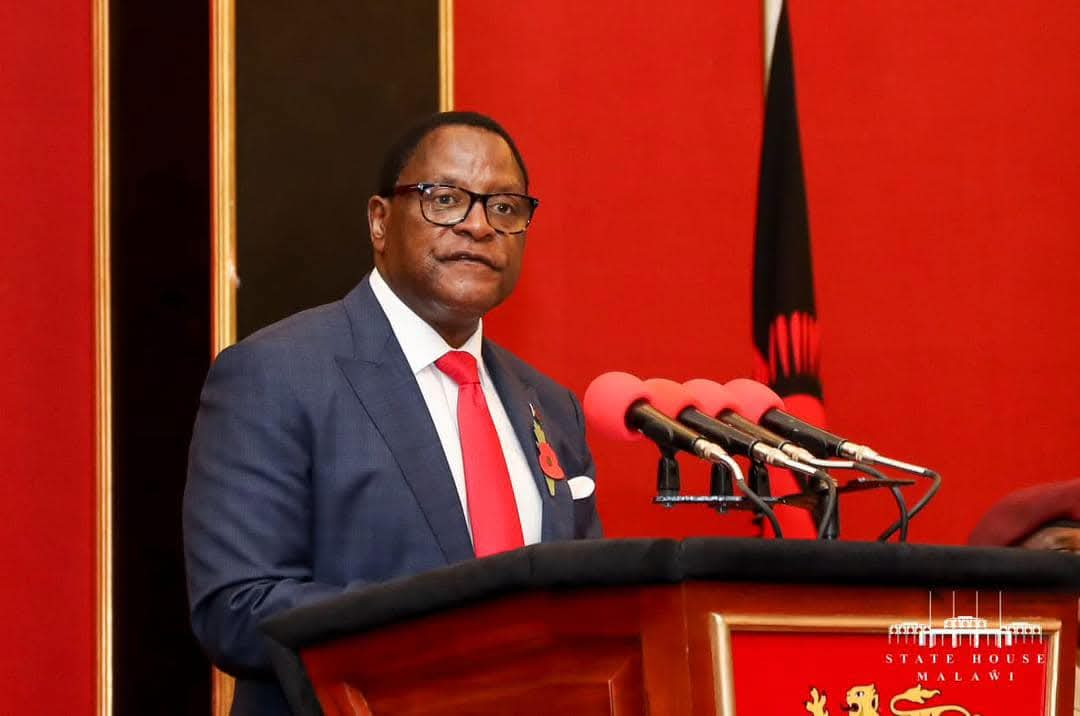By Burnett Munthali
In a recent rally held by the Democratic Progressive Party (DPP) in Chinamwali, Zomba, prominent party leader Ralph Jooma voiced serious concerns about the current economic situation in Malawi, stating that the nation’s wealth has significantly diminished. Jooma highlighted a stark contrast in the country’s debt levels, revealing that when the DPP was last in power, the national debt stood at K4 trillion. In contrast, he noted that the current debt has ballooned to K15 trillion under the administration of President Lazarus Chakwera.
Jooma stated, “When we are asked what we would have done differently if we were still in power, we inform them that while in government, we never squandered public funds. We lack the necessary resources to sell abroad,” emphasizing the fiscal mismanagement he attributes to the current administration. His comments reflect the DPP’s narrative that they maintained better economic control during their tenure.
The rally served as a platform for the DPP to criticize the current government’s handling of economic issues, particularly in light of rising inflation and food insecurity affecting many Malawians. Jooma’s remarks resonate with a growing public sentiment of dissatisfaction regarding economic governance and transparency.
- Malawi’s 2025 Presidential showdown: Is Chakwera still the answer or is it time for Mutharika’s return?
- Mukhito pledges transformation for Lilongwe City Centre if DPP returns to power
- Kalindo says Malawi is a country of shame
- Kamlepo Kalua claims Malawians are not against Chakwera
- Chimwemwe Idana Bids Farewell to Silver Strikers, Set for Zanaco FC Move
The DPP aims to capitalize on these concerns as the nation approaches the 2025 elections, presenting themselves as a viable alternative capable of restoring economic stability and growth. Jooma’s speech underscores the party’s strategy to connect with voters by addressing pressing issues that impact their daily lives.
As Malawi continues to grapple with economic challenges, the DPP’s focus on fiscal responsibility and accountability may influence voter perceptions and decisions in the upcoming electoral season. The public will be watching closely to see how the current administration responds to these criticisms and what policies are proposed to mitigate the economic hardships faced by many citizens.





